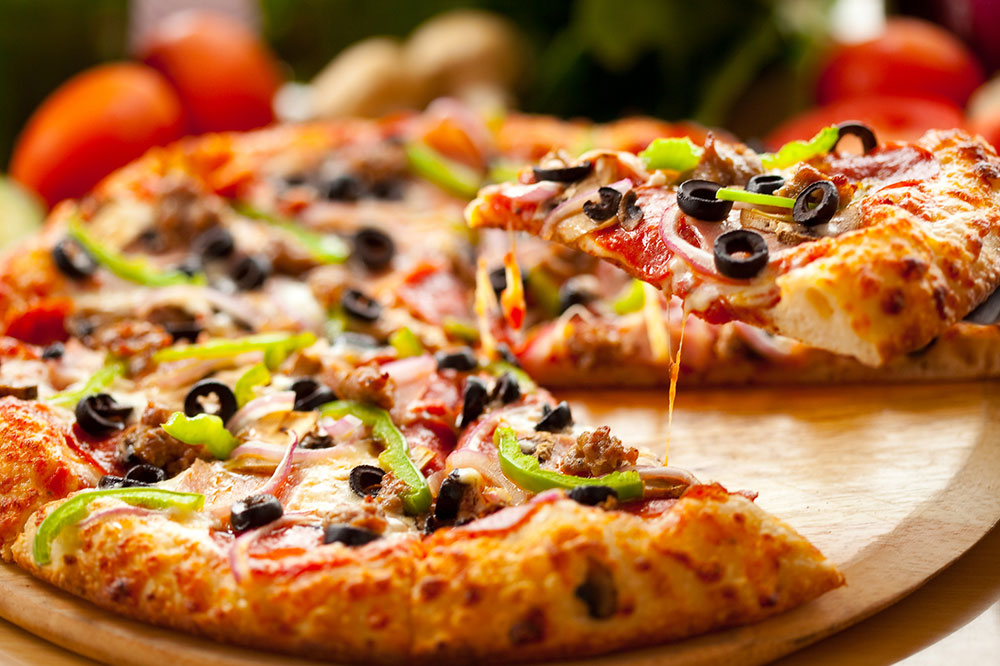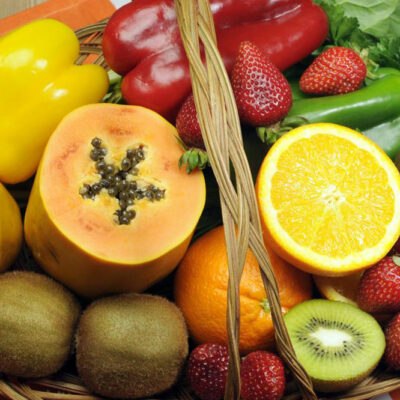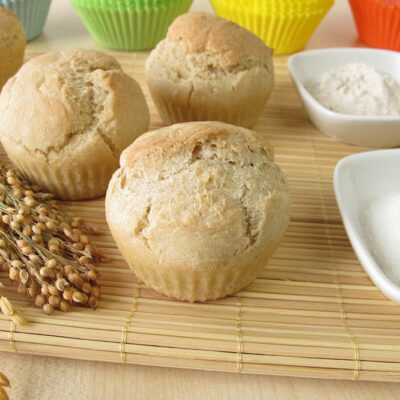
Foods to Eat and Avoid for Hepatitis C
Hepatitis C is a viral disease that affects the liver. A hepatitis C infection can damage the liver and cause scarring or cirrhosis. Everything a person eats passes through the liver. Hence, eating well can relieve some of the pressure on the liver. Here are some foods to manage hepatitis C as well as also foods that you should avoid.
Foods to manage hepatitis C
- Fresh fruits and vegetables
Green leafy vegetables like spinach, kale and cabbage are among the first to be listed as the best foods to manage hepatitis C. They can help reduce fatty acid in the liver. These vegetables are also rich in essential vitamins and minerals that aid in liver functioning. Fresh fruits and vegetables are ideal but in cases where they are unavailable, frozen or canned fruits and vegetables may be consumed. - Chicken, fish and proteins
Proteins play a key role in repairing and replacing damaged liver cells. Good sources of protein include skinless chicken, fish, other types of seafood, eggs, soy products, and nuts. The amount of protein needed in a person’s diet depends on age, gender and activity levels. In the case of patients with liver cirrhosis, a higher intake of protein can reduce the risk of fluid buildup and muscle wastage. - Dairy products
They are great sources of calcium and protein. As much as 1-3 servings of dairy may be consumed per day. - Whole grains
Whole grains like wheat, brown rice, quinoa, oats and buckwheat act as good sources of dietary fiber and aid in healthy bowel functioning. On average, adults should consume 1-2 ounces of whole-grain-based food per day.
Foods to avoid
Just as there are some foods to manage hepatitis C, there are others that can be harmful.
- Alcohol, substances, and cigarettes
Do not drink alcohol as it can aggravate the liver damage. Recreational substances and cigarettes should also be avoided completely as they contribute toward the risk of liver scarring and cancer. - Salt
The sodium in salt is responsible for water retention and can increase blood pressure. High blood pressure can be dangerous for cirrhosis patients. In the early stages of this disease, salt intake should be limited to 2,000 milligrams per day. - Raw, unpasteurized products
Eggs, milk, and cheese are good to eat but only as long as they have been pasteurized. Similarly, fish should always be cooked. Raw foods for sushi can aggravate hepatitis C. - Fast food
Eating out should be limited. Fast food should be avoided as far as possible as it has high sodium levels. Instead, eat wholesome, home-cooked meals.
Eating the right foods to manage hepatitis C helps strengthen your immunity and controls the risk of other complications. In addition to the foods listed above, patients are advised to drink plenty of water and stay hydrated. This aids in the digestion process and makes it easier for the liver to process food.


